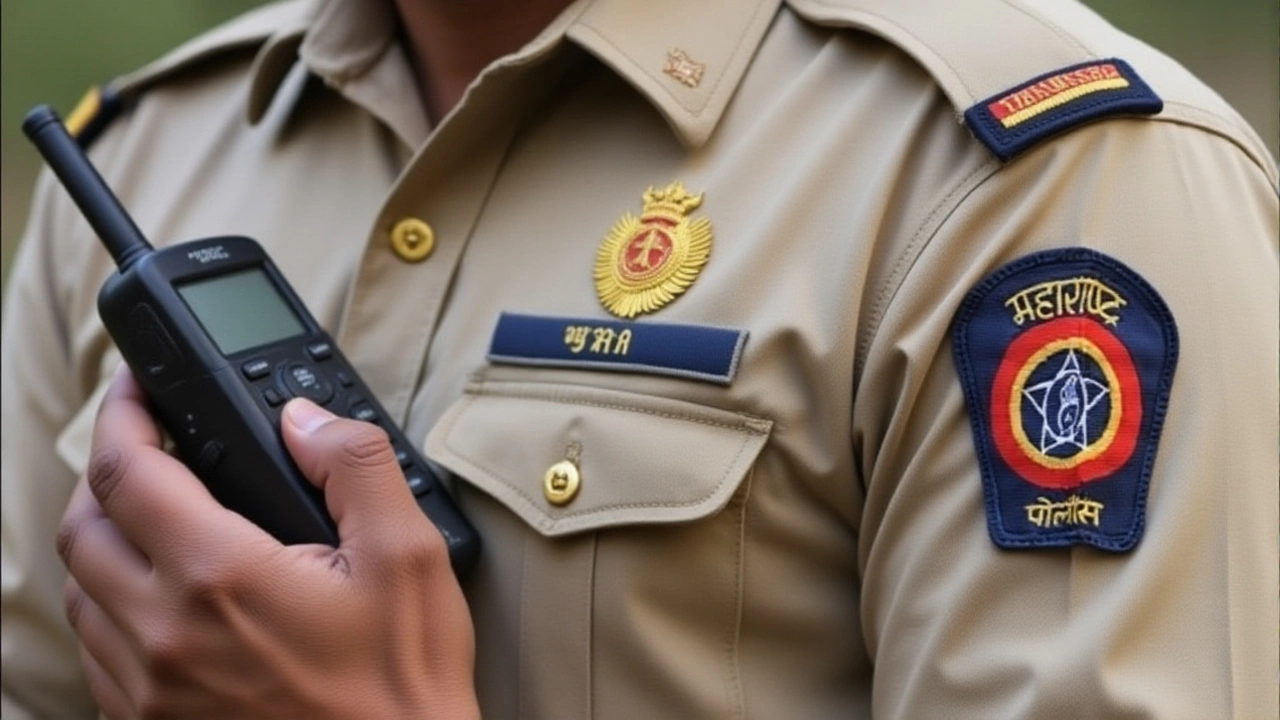BookMyShow files FIR against Viagogo over Coldplay ticket scalping, naming 30 suspects. FIR, PIL and police probes aim to curb inflated resale prices for the Jan 2025 shows at DY Patil Stadium.
Ticket resale made simple: buy, sell and avoid scams
Anyone who has tried to go to a concert or a sports game knows how hard it can be to get a seat when tickets sell out fast. That’s why ticket resale has become a go‑to option for many fans. In this guide we’ll show you how to find trustworthy sites, what to check before you pay, and how to sell your own tickets without losing money.
How to find reliable ticket resale platforms
Start with platforms that have a clear refund policy and a rating system for sellers. Big names like StubHub, SeatGeek and Viagogo are easy to spot because they have a lot of user reviews and a customer‑support line. If you prefer a local option, look for sites that use secure payment gateways such as PayPal or Stripe. A quick Google search for "ticket resale reviews" will give you a list of the most trusted services.
When you land on a site, check that the URL begins with https:// – that means the connection is encrypted. Look for a visible “Contact Us” page and a phone number. If the site hides these details, move on. Another tip is to compare the price on two or three sites; if one offers a ticket for half the price of the others, it’s probably a red flag.
Tips for safe buying and selling
For buyers, always read the ticket details carefully. Make sure the seat number, date and event name match what you expect. Some sites let you view a seat map; use it to see how far the seat is from the stage or field. If the seller’s profile shows a high rating and many completed sales, that’s a good sign.
When you pay, use a credit card or a payment service that offers buyer protection. Avoid direct bank transfers or wiring money, because those methods are hard to reverse if something goes wrong. Keep a screenshot of the transaction and any email confirmations – they can help you dispute a charge if the ticket turns out to be fake.
For sellers, set a realistic price. Look at what other people are charging for the same seat and aim for a price that’s a little higher but still competitive. List the ticket with clear photos of the actual ticket or a digital copy. Mention the exact event date, time and any special conditions like “will be delivered electronically”.
After a buyer purchases, confirm the payment before you send the ticket. Most reputable platforms handle the transfer automatically, but if you’re using a smaller site, send the ticket only after you see the money in your account. Giving a tracking number for a mailed ticket helps both sides feel secure.
Finally, remember that ticket resale can be seasonal. Big events like the IPL, music festivals or major finals see a spike in demand. Planning ahead and setting alerts for price drops can save you a lot of money. With the right habits – checking reviews, using protected payments and staying honest in the listing – ticket resale becomes a handy tool rather than a risky gamble.
